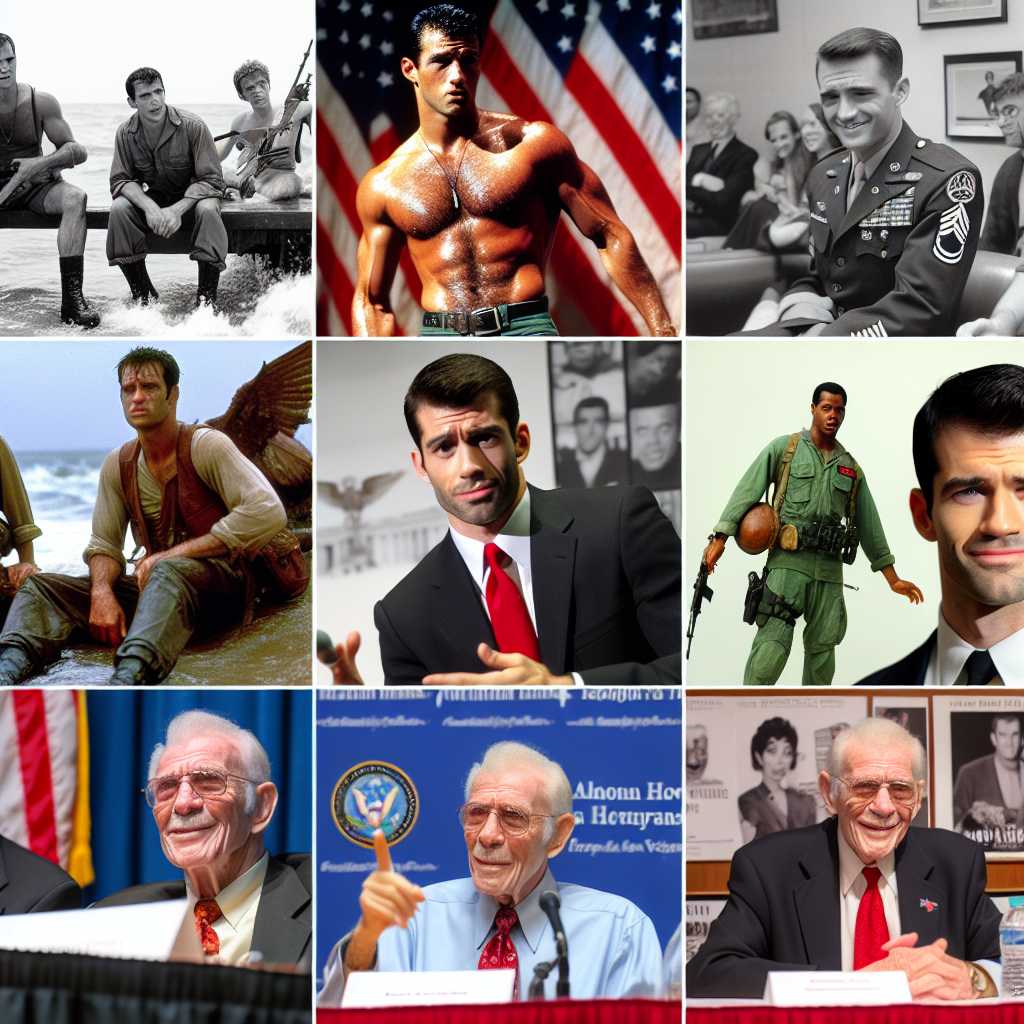Tony Ganios: A Journey from Silver Screen to Reclaiming His Narrative
Tony Ganios, best known for his role as the tough yet gentlehearted Perry in the 1979 movie “The Wanderers,” represents a unique figure in cinematic history. Emerging as a young actor during a vibrant period of filmmaking that celebrated the complex tapestry of American youth, Ganios left a lasting impression on audiences that has endured through the years. This article will explore his life and career, from actor to writer and veteran—all facets of this multitalented individual’s journey.
Early Life and Breakthrough into Acting
Tony Ganios was seemingly destined for the screen thanks to an unexpected nudge from fate. Born on October 21, 1959, in Brooklyn, New York, he spent his early years away from the lights and glamor of Hollywood. However, his path into the world of acting was less orchestrated and more serendipitous. By a twist of luck, Ganios was plucked from obscurity while accompanying his younger brother to a casting call for “The Wanderers.” With no prior acting experience, his striking physical presence and natural talent landed him his iconic role.
Rise to Prominence with “The Wanderers”
“The Wanderers” not only jumpstarted Ganios’ career but also became a cult classic loved by many for its gritty and authentic portrayal of gang youth culture in the Bronx. Ganios’ performance added a soulful depth to the film that set it apart from other coming-of-age dramas of its time. During filming, he achieved what few novice actors do—he transformed from a rookie into a performer with the commanding screen presence needed to make his character both believable and relatable.
The “Porky’s” Franchise and Beyond
Following the success of “The Wanderers,” Tony Ganios continued to capitalize on his ability to convey tough-guy personas with underlying complexities. He landed other notable roles throughout the 1980s and 1990s—the most recognizable being in the “Porky’s” series. As Meat Tuperello, he showcased his mixture of brawn and comedic timing in multiple sequels that drew audiences into theaters. Apart from these comedies, Ganios also appeared on television shows such as “Wiseguy,” demonstrating his versatility as an actor.
Branching Out: Writing and Personal Works
After an active stint in front of the camera, Tony Ganios gradually shifted towards writing and behind-the-scenes roles within the industry. Focusing on writing allowed him to influence narratives more deeply than acting ever did—crafting stories gave him an avenue to explore themes important to him personally.
Moreover, passionate about his heritage, Ganios is notable for delving into his own personal history—rooted in both Greek and Italian cultures—for inspiration. This interest is particularly evident in the way he weaves elements of personal identity and belonging into work on upcoming book projects.
Veteran Advocacy and Continued Presence in Media
Throughout his career transitions, Tony Ganios has made it clear that while Hollywood might have defined his past, it does not confine his future. His involvement with veterans’ matters and advocacy captures this sentiment perfectly. As a supporter of those who served, Ganios works hard to offer backing and solidarity through public speaking events or leveraging media opportunities for spreading awareness around veterans’ issues.
Legacy and Influence within Pop Culture
Tony Ganios’ legacy within pop culture is somewhat unconventional; it’s defined not only by memorable characters but also by purposeful distancing from acting at what many would consider the apex of one’s career. The respect and nostalgia generated by his performances are undiminished with time—as attested by participate in fan conventions where he meets admirers whose lives were touched by his performances.
Notes
Image description: A collection of still shots showing Tony Ganios in various roles from his popular films like ‘The Wanderers’ and ‘Porky’s’, alongside a photo of him now involved with veterans’ advocacy work and perhaps at a book signing or literature-related event, symbolizing his progression from actor to writer and activist.
